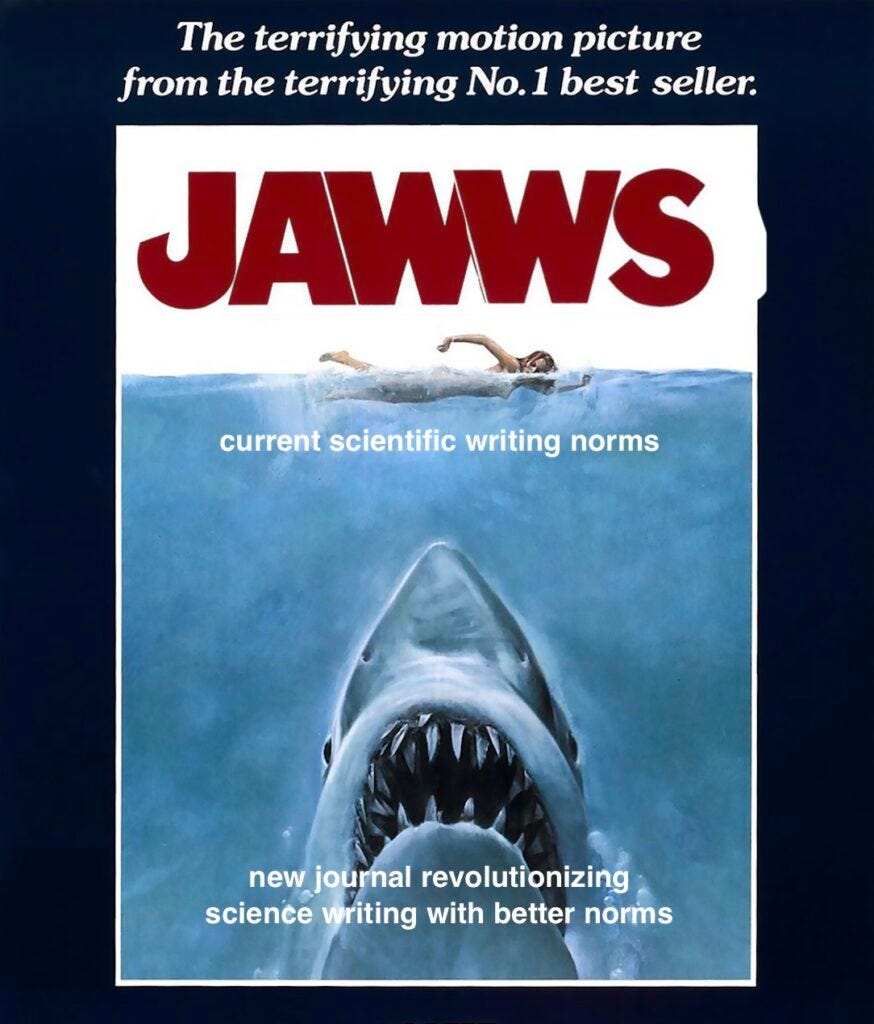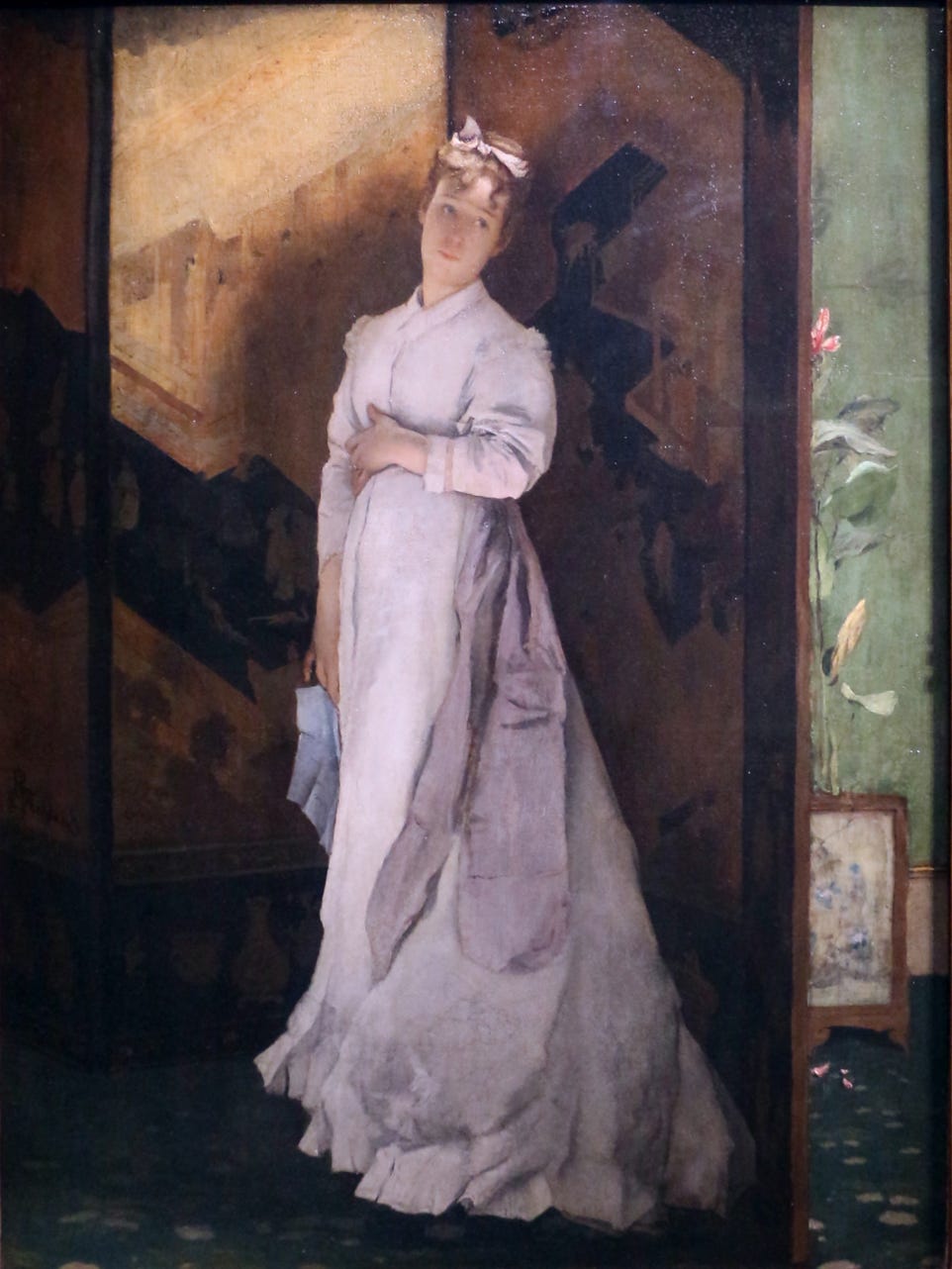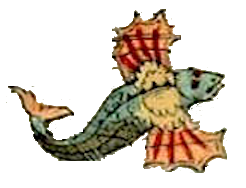Breakup Letter to a Once Beloved Project
AWM #86: On giving up and closing tabs 🦈
Dear project,
Let me begin by saying that we had a great run together. I regret nothing, except perhaps that we never managed to make this work. But — and I’m sure you’ll agree — it’s time to part ways.
I’m writing this letter as a way to reflect on what happened. I want to remember the good; I also want to analyze the bad, so that I can improve. But this letter is also, indeed primarily, a gesture of respect.
Too many people simply ghost their projects. When they lose the will to work on them, they gradually give up. Then they try to think of them as little as possible. They want, understandably, to avoid the shame they associate with renunciation. I don’t want this to happen to us. In the future, I want to be happy that we spent almost a year together, and I want to feel that we ended things properly.
Do you remember how it began?
It was in July last year. I had read something online on how improving the readability of science papers, by flatly rewriting them, would be a worthwhile goal. I took a nap — something I very rarely do — and in that strange half-awake state, laying on my bed in the sunny bedroom, I daydreamed of actually working toward that goal. I had tried to be a scientist years before, and lost interest, in part because I disliked the tedium of scientific articles. Now I was trying to be a good online writer. The idea of combining both seemed judicious.
That’s how we became acquainted. I wrote an essay called The Journal of Actually Well-Written Science, which became your name. Then I published it on my blog and left for a vacation.

At first, that was it. I wasn’t going to spend more time with you. But then the essay got reasonably good circulation. It attracted the attention of a few people with resources. New Science contacted me, and suggested that they give me $10,000 to work on you a few months. I said hell yes, of course. I also applied to Cabin’s creator residencies to have a full month in a nice working environment in Texas, and got selected. The world was telling me that we were a good match! And so our relationship began.
It went well, at first. I had no other big projects in my life, so I could focus on just you. I read several articles and books, collected links, talked with a bunch of people. I got acquainted with crypto and explored the DeSci movement. I appeared on a podcast. I wrote a bunch of blog posts. I rewrote, as a proof of concept, an entire article about the evolutionary origins of some specific genes in the immune system of platypuses and other mammals.
That was the honeymoon phase. After I came back home from Texas and New York (where I was slowed down from going crazy during a hotel quarantine because I caught covid and had anosmia), we entered a new phase. I needed to find a way to support myself, since the New Science funding was running out, and you weren’t making any money. We applied to some grants that seek to support projects like you, but we didn’t get them. This was a blow to my trust in us, like it or not. Meanwhile, I was talking with some people about you, including some scientists, and these conversations planted and nurtured the idea that — sadly — you and I weren’t going to be successful.
The main reason, as you know, is that scientists don’t actually care much about science communication. It’s never a top priority. They don’t write papers to be widely read. We were trying to solve a problem that they could safely ignore instead.
They say they care, of course, as do many non-scientists. Proposals to improve science routinely go viral on Twitter. But that is not enough. As long as the incentives don’t change, there’s little that you and I can do about it.
I think we both knew a while ago that our relationship was doomed. Perhaps as early as February this year. But we kept going. Most relationships end with several months of quixotically trying to make things work. I continued reading and writing, and told people that I was researching science writing and publishing in order to figure out a new way to improve them. Yet I knew deep down that unless science changed radically, you and I wouldn’t get anywhere.
Over time, we spent less and less time together. We now check in a few times a month, to write a short post, or to read a paper. That’s it. I feel vaguely unhappy whenever I think about you, so I avoid it and put my energy in other things. For your part, you’re mostly okay with being left alone, since nobody else really depends on you. Unfortunately, it became difficult to see any compelling reason to work on our relationship.
We might as well let go, don’t you think?
You may reasonably ask: What could we have done better?
I often ask myself the same thing. In a way, our relationship never quite reached the mature stage we were aiming for. The idea at your very core was to rewrite tedious papers, but I never really rewrote any, beyond that platypus one! What if I had simply begun doing that, instead of just reading and “researching”?
Perhaps it would have worked. There’s no way to know. But if I truly believed that, today, then I would be editing some scientific paper instead of writing a breakup letter.
At a sufficiently abstract level, all projects end because of a loss of faith. As long as faith is alive and kicking, so much is possible — or appears so, which is often enough. But once faith starts dwindling, there’s not much one can do.
It is possible to rekindle faith, but it’s not easy. I tried to do this many times, and occasionally succeeded. A good conversation with a supporting person can do wonders. Yet I never truly went back to the ideas of rewriting papers, perhaps because I didn’t actually want to spend my time doing that. Our relationship was fun — but only so long as we didn’t sit down to do the work.
Possibly it would have gone better if we had found someone else to include in the relationship. From the beginning, I wished to have a trusted co-founder or mentor, especially someone with proper academic credentials. I didn’t make a heroic effort to find one, but I did try, and the fact that I failed contributed to thinking that maybe there was something wrong with you and me.
Here’s what I’m going to do now. I’m going to send this letter, and then I’m going to close all my browser tabs that are about you. Once I do that, I expect that a similar process will happen in my brain: the small parts of my mind that are devoted to keeping track of you will be able to shut down and divert their resources elsewhere. That will free up some mental space, which I’ll be able to use for something else.
At the same time, I would like our breakup to be amicable. So I will not be deleting any materials that can remind me of our relationship. I will keep your website up, as I will the blog. They can serve as an archive, in case I or someone else want to read about you again. It’s lame when dying projects are erased from the web.
If, by some off chance, somebody new would like to begin a relationship with you, then I’ll be happy for you! I will be glad to provide them with the knowledge I have gained from our year together. That would be a beautiful outcome. But I know you’ll be fine even if that doesn’t happen.
As for myself, I’m not sure yet what I’ll do. I don’t feel like investing myself into a big personal project just yet. I’ll take some time to date some possible projects, see what works. I wouldn’t be surprised if I end up with a project that is similar to you in some way, perhaps something that involves writing about science and tech. You made me gain valuable expertise in this field. Thank you for that.
Maybe our paths will cross again someday.
Wishing you all the best,
É.








This is really beautifully written, Étienne. Whatever snags you next will be a lucky project!
You might have more success if you started a journal to publish REVIEWS of scientific papers published elsewhere, pointing out their flaws, (or their value) and giving a summary grade-- eg, A+, C-, D, F... Emphasis should be on readability: translating the academic verbage into something that can be understood by people not in the same sub-sub-sub specialization, filling in background facts and ideas that were assumed in the original papers, defining terms, as necessary, pointing out why the study is important (or so flawed as to be useless). Some papers would just basically be a fisking of an egregiously poor (or fradulent) paper or group of papers, and pointing out what additional experiments would need to be done to prove something (anything) of value. Others would highlight dirty statistical tricks being played in papers x, y, and z. And others would be to praise and highlight the rare article that actually expands our knowledge in some important way.
By setting up a venue to debunk/explicate/praise already published papers, and publicizing it, you should get a flood of papers by eager volunteers; and probably some whistle blowers as well.
You would probably have to allow articles to be published anonymously, since criticizing a well established figure in a certain field might be career suicide for younger researchers.